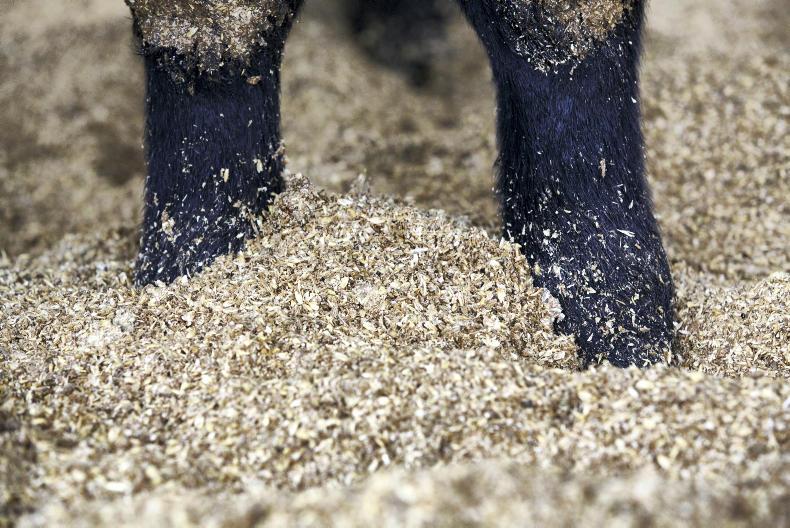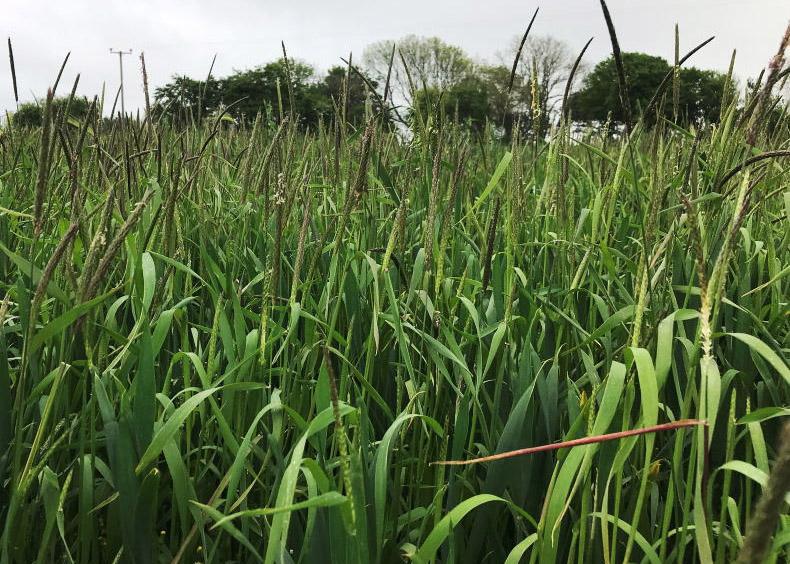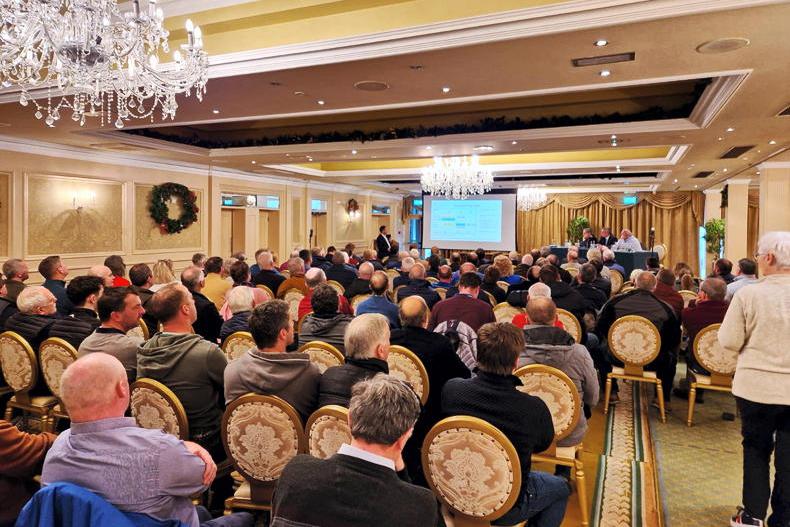The Department of Agriculture has confirmed an atypical case of BSE in an 18-year-old cow in Co Galway.
The cow is from a suckler herd. The animal in question was an Aberdeen Angus cross suckler cow born in March 1998 in a Cork herd, moving early in life to a Galway herd from which it was disposed of to a knackery last week.
The animal tested positive on a screening test carried out at a Department of Agriculture-approved, accredited private laboratory over the weekend and was then subject to follow-up confirmatory tests at the Department’s Central Veterinary Research Lab.
The other normal routine follow-up epidemiological investigations are under way.
There are no associated public health risks.
Outlier
Veterinary experts expect such outlier cases – in older animals – to occur spasmodically for some time after the disease is brought under control.
That has been the case in other countries within Europe and elsewhere. Ireland’s last case of the disease occurred in mid-2015, with none recorded in 2016.
This case of the disease will leave in place Ireland’s Controlled-Risk status under OIE guidelines. This classification recognises a country’s regulatory controls as effective and that its beef can be safely traded internationally due to a chain of safeguards put in place.
Ireland’s safeguards include layers of expert surveillance.
Under passive surveillance arrangements vets and farmers are alerted to the symptoms of the disease and are obliged to report any suspect animal. Under an active surveillance programme all animals aged 48 months or more slaughtered in a meat plant, or which die on-farm, are examined for the disease.
Any positive case found by surveillance leads to a detailed veterinary investigation.
In addition, specified risk material tissues are removed from all cattle after slaughter and destroyed. This step ensures that any infection cannot be passed into the food chain.
Finally, there are strict controls to ensure meat and bonemeal is not allowed into cattle feed.
The Department of Agriculture has confirmed an atypical case of BSE in an 18-year-old cow in Co Galway.
The cow is from a suckler herd. The animal in question was an Aberdeen Angus cross suckler cow born in March 1998 in a Cork herd, moving early in life to a Galway herd from which it was disposed of to a knackery last week.
The animal tested positive on a screening test carried out at a Department of Agriculture-approved, accredited private laboratory over the weekend and was then subject to follow-up confirmatory tests at the Department’s Central Veterinary Research Lab.
The other normal routine follow-up epidemiological investigations are under way.
There are no associated public health risks.
Outlier
Veterinary experts expect such outlier cases – in older animals – to occur spasmodically for some time after the disease is brought under control.
That has been the case in other countries within Europe and elsewhere. Ireland’s last case of the disease occurred in mid-2015, with none recorded in 2016.
This case of the disease will leave in place Ireland’s Controlled-Risk status under OIE guidelines. This classification recognises a country’s regulatory controls as effective and that its beef can be safely traded internationally due to a chain of safeguards put in place.
Ireland’s safeguards include layers of expert surveillance.
Under passive surveillance arrangements vets and farmers are alerted to the symptoms of the disease and are obliged to report any suspect animal. Under an active surveillance programme all animals aged 48 months or more slaughtered in a meat plant, or which die on-farm, are examined for the disease.
Any positive case found by surveillance leads to a detailed veterinary investigation.
In addition, specified risk material tissues are removed from all cattle after slaughter and destroyed. This step ensures that any infection cannot be passed into the food chain.
Finally, there are strict controls to ensure meat and bonemeal is not allowed into cattle feed.
18-year-old Aberdeen Angus cow.In Galway herd.Born in Cork.Disposed of to knackery last week.Department surveillance found disease.Case of atypical-BSE.Not from contaminated feed.Atypical BSE occurs spontaneously.Found in Europe and elsewhere. Occurs at very low rate No effect OIE controlled-risk status.No public health risk. 








SHARING OPTIONS